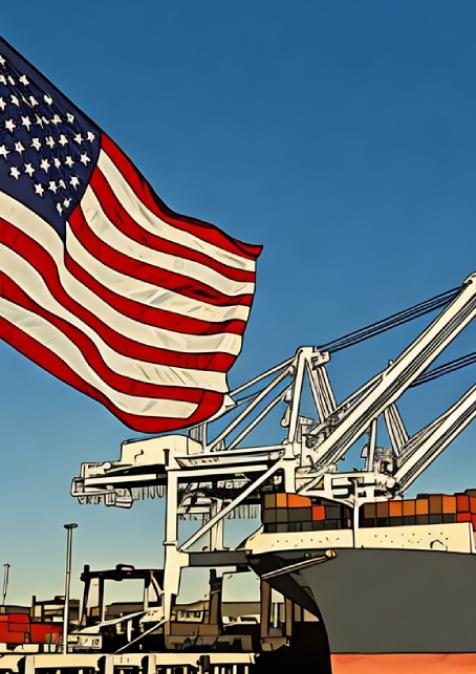Publications /
Policy Paper
This paper examines the implications of the U.S.-China trade war for developing countries, particularly in light of the 2024 U.S. presidential election. The study traces the origins and escalation of the trade conflict, analyzing its multiple impacts on global trade patterns and economic growth. While some developing countries have benefited from trade diversion and supply-chain shifts, others, especially resource-exporting nations and the least-developed countries, have faced significant challenges. The paper presents data showing that almost every country group, except OECD countries, has experienced a decline in its trade-to-GDP ratio in the wake of the trade war, with heavily indebted poor countries and least-developed nations suffering the most.
The paper outlines three potential scenarios based on the outcome of the U.S. election: a shift towards reconciliation, continuation of current trends, or increased protectionism. Each scenario presents unique challenges and opportunities for developing countries. The study also explores the concept of ‘friend-shoring’ and its potential impact on Africa, highlighting the continent's notable absence from major friend-shoring initiatives, and the risks this poses to its economic prospects. In response to these challenges, the paper proposes a range of strategies for developing countries, including regional integration, South-South cooperation, strategic protectionism, economic diversification, and investment in education and innovation. The paper concludes by emphasizing the need for developing countries to remain agile in the face of uncertainty, balancing strategic autonomy with productive engagement in the global economy.








